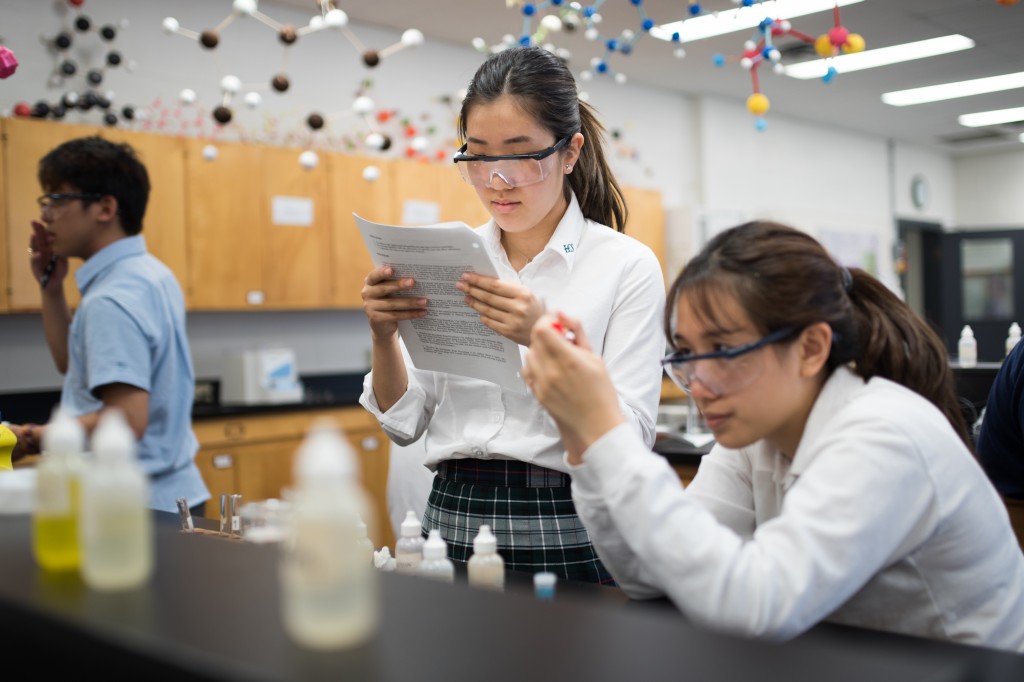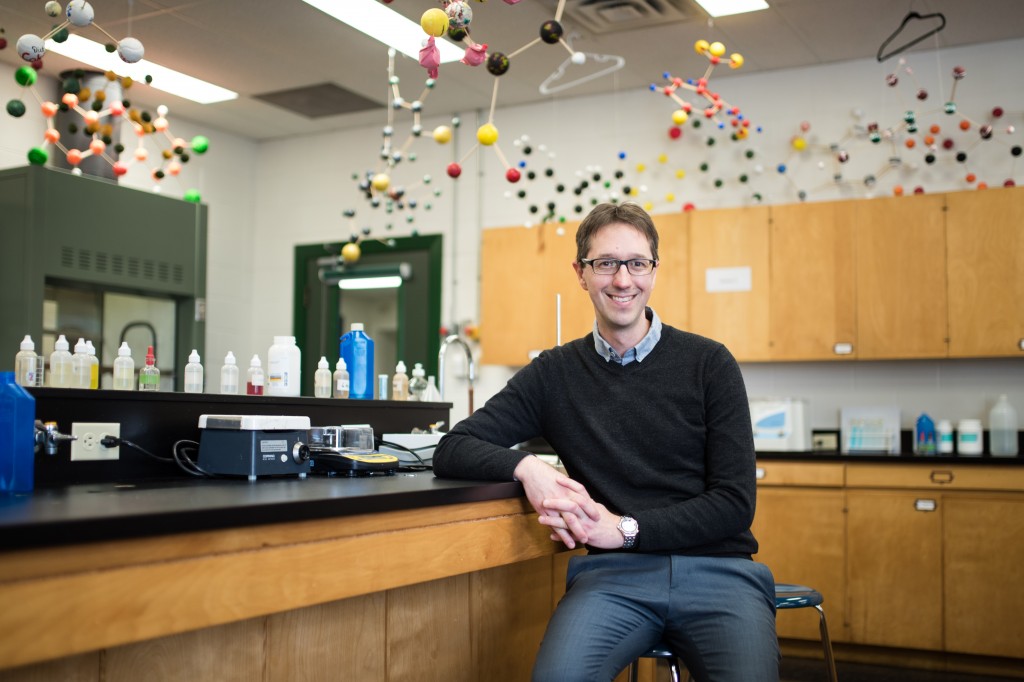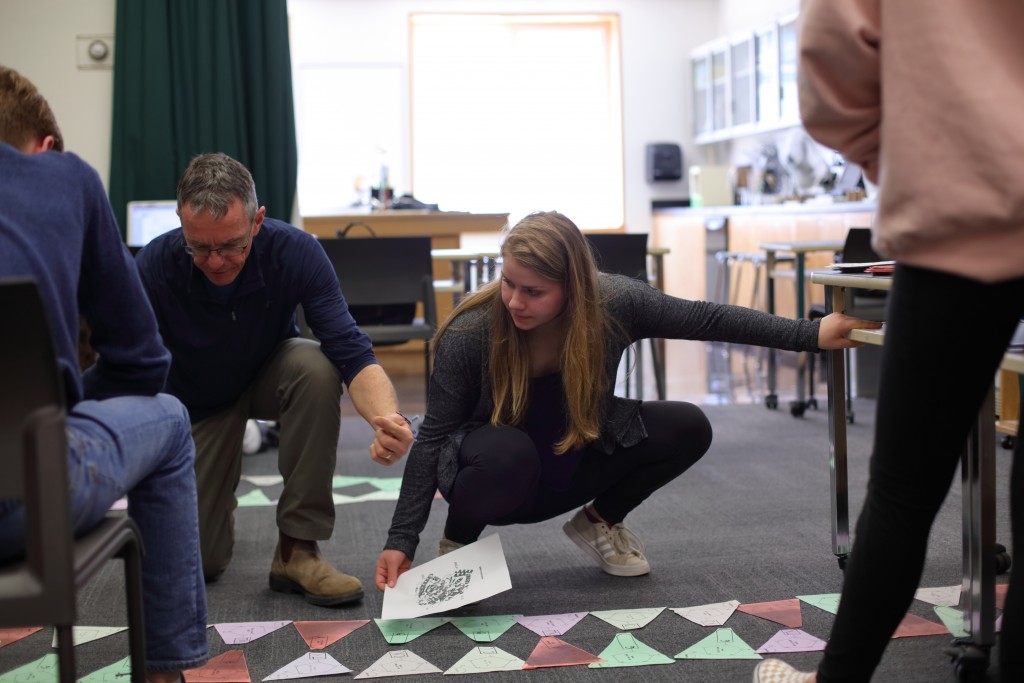The Advanced Placement (AP) Program at LCS.

Great leaders tend to talk about three things: objectives, strategies and tactics.
While often dry, and seemingly obvious, nothing could be further from the truth. Intelligent decisions in this regard form the arc of the world’s most successful enterprises—from businesses and governments to artistic and social movements.
At a small school like LCS, educators find themselves at a unique vantage point. Not only can they see the whole picture in vivid detail, but they also have the independence to innovate as they see fit.
This is very, very different.
Understanding this is critical to understanding the impact of the Advanced Placement (AP) Program at The Grove.
The basics of AP courses.
Any discussion about AP courses begins with some basics.
AP courses are developed by the AP College Board in the United States. Their purpose is to enable students to take college-level courses in secondary school.1
A non-profit organization, the Board was founded in 1900, and the Program started in 1955. A total of 38 courses are available across multiple subject areas. Each course culminates in a college-level AP exam recognized by colleges and universities across the United States.[i]
An entirely optional endeavour, AP courses are not available at all secondary schools.
Opening doors—the ground-level impact.
The power of this program is firmly crystallized by those immersed in it. Todd Melville (AP Chemistry) quickly takes us there.
“Make no mistake… these are full-scale university courses. The pace is fast. The volume of preparation is extensive. Students are required to know the basic topic matter coming in. Furthermore, they have to understand it. AP courses go beyond testing knowledge… they test the ability to solve problems. They are about creative, critical thinking. They offer a significantly enriched learning experience.”

This experience opens tremendous doors on a number of levels.
The first one is university entrance. AP credits are recognized in a variety of ways by post-secondary institutions. They are an advantage for entrance to many Canadian, American and international schools. They can also count as first-year university credits—allowing for tuition reductions and expanded opportunities.
The second, and far more important door, is enhanced post-secondary success.
“Whether you’re taking AP courses for a specific school or not, the main point is that they open doors. The overwhelming feedback I hear is that these courses REALLY prepare students for university.”
Opening minds—the tectonic shift in education, life and success.
In speaking with Mike Arsenault (AP Biology), you hear the same thing refracted through a different lens.
“The difference between Grade 12 courses and AP courses, at least to me, is the mindset. Students come in wanting to be challenged. They want to reach higher. They expect to be challenged. If I’m not challenging them every day, then I’m not doing my job.”

The conversation moves quickly to goals and objectives. He talks about the younger generation of teachers, like Todd, challenging him to embrace new ideas.
“Teaching is about life. The subject is simply a vehicle for learning about yourself… about teamwork. I try to craft lessons—in a broader sense—as a framework for this. AP courses allow me to teach in a very powerful way.”
He describes the results as remarkable, seeing motivation he has yet to encounter in his 36-year career.
“The impact is astonishing. I watch students go straight to what science is all about…which is inquiry. They’re crafting complex questions—ones without answers. They develop theories that are both testable and plausible. They’re learning how to push the boundaries of knowledge.”

There’s a refrain that ties these discussions with Todd and Mike together.
It’s a tectonic shift in education.
Institutions are no longer the gatekeepers of knowledge. The role of the educator is now to teach the use of information in highly creative and conceptual ways.
This is precisely what the AP Program is designed to do.
Mike takes a moment to reflect on this, as any leader pondering an important objective tends to do.
“If we want to make the world a better place, we have to do better. We have to instill an ownership of learning. At Lakefield, we do this by just being ourselves… caring about our work… caring about kids.”
We are in good hands.
[i] AP College Board: https://apcentral.collegeboard.org/start-grow-ap
